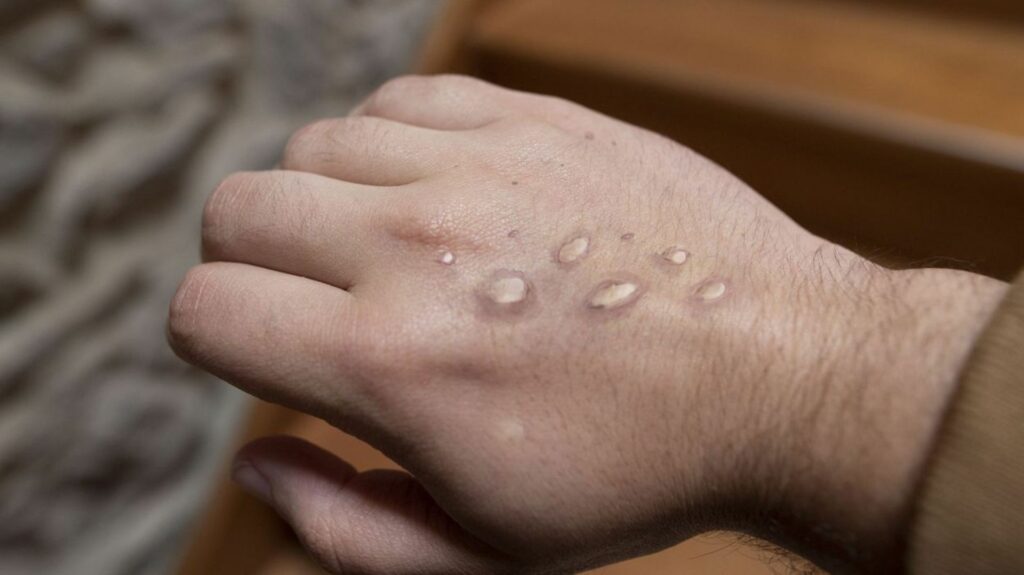Following a similar initiative in Flanders, the Brussels-Capital Region is now also opening a new telephone information number specifically for all questions related to the virus from next week.
From Monday 22 August, people who have questions or want more information about the monkeypox virus will be able to contact 02/214.19.29 in French, Dutch and English.
"Questions about this epidemic, the symptoms of this virus, the prevention and protection measures, the available tests and vaccines, the criteria to be met to have access to vaccination, the procedures or about the locations where you can go for screening and vaccination can be dealt with here," the Brussels health services announced.
The helpline, which is intended for both the general public and health professionals, is available from Monday to Friday from 09:00 to 17:30, as well as on Saturday from 09:00 to 13:00. Making an appointment to get tested or vaccinated will not be possible via this number.
Related News
- Monkeypox infections rise exponentially, more than 35,000 global cases
- 'Misleading and stigmatising': WHO wants new name for monkeypox
- Monkeypox on the rise in Belgium: Here's what we know
As of 15 August 2022, 624 cases of monkeypox were confirmed in Belgium, 336 of them in Flanders, 223 in Brussels and 65 in Wallonia, according to the latest figures by the Sciensano National Health Institute.
Currently, the Belgian authorities are aiming to vaccinate all people with an increased risk of monkeypox by the end of this week, Federal Health Minister Frank Vandenbroucke announced on Wednesday last week. However, as demand for the vaccine against the virus is outstripping Belgium's supply in, only a limited group of people is eligible to get the shot.
The main symptoms of the monkeypox virus are pimples or blisters, which turn into scabs, fever, swollen lymph nodes, fatigue, muscular pain, and headache. These appear after an incubation period of five to 21 days (usually six to 13 days). The monkeypox virus can spread as soon as symptoms appear.
While some cases can be more serious, especially in more vulnerable persons (pregnant women, persons with reduced immunity, the elderly, children), those infected with the virus usually heal spontaneously.

